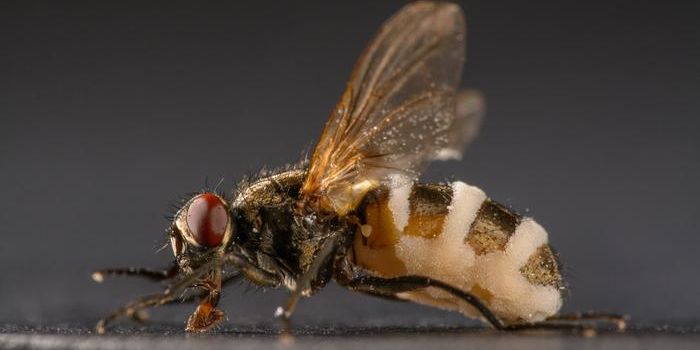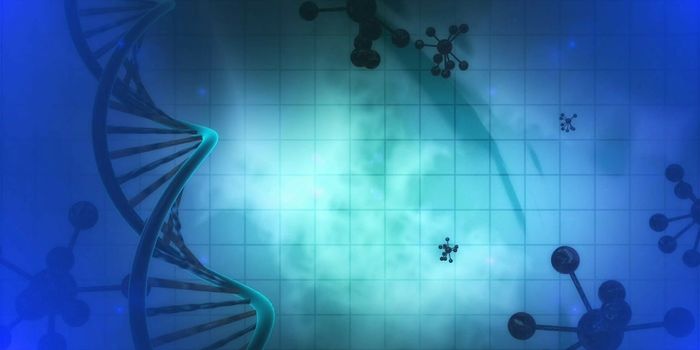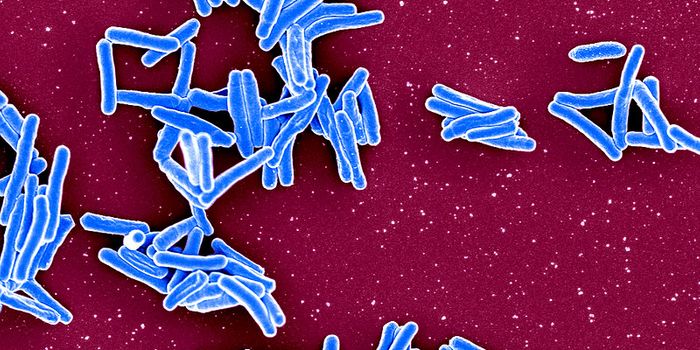ALK - The Skinny Gene?
Not everyone can eat the same foods and stay slim; some people have to count calories and exercise regularly to be skinny while others can consume whatever they want without a care. Researchers have now learned more about the role genetics plays in this phenomenon. By querying a database containing health and genetic data for over 47,000 people in Estonia, they identified a gene called ALK that may make certain people resistant to weight gain. When this gene was deleted from mice or flies, they became thinner. ALK may play a role in how energy expenditure is controlled in the brain. The findings have been reported in Cell.
"We all know these people: it's around one percent of the population," said the senior study author Josef Penninger, the director of the Life Sciences Institute and professor of the department of medical genetics at the University of British Columbia. "They can eat whatever they want and be metabolically healthy. They eat a lot, they don't do squats all the time, but they just don't gain weight."
The Estonian Biobank contains clinical information and genetic sequence data from 47,102 people between the ages of 20 to 44. The researchers compared the gene sequences of people that were normal weight with those that are healthy but thin.
"Everybody studies obesity and the genetics of obesity," Penninger said. "We thought, 'Let's just turn it around and start a new research field.' Let's study thinness."
When flies or mice were engineered to lack the ALK gene, they remained thin regardless of diet. Mice without ALK also had less body fat and weighed less than mice with ALK even when they ate the same diet and exercised the same amount.
ALK has been studied before because it's thought to promote the growth of cancerous tumors; it's often mutated in cancer cells.
"If you think about it, it's realistic that we could shut down ALK and reduce ALK function to see if we did stay skinny," said Penninger. "ALK inhibitors are used in cancer treatments already. It's targetable. We could possibly inhibit ALK, and we actually will try to do this in the future."
The research showed that ALK is highly expressed in the brain, and it may be sending signals to fat tissue to burn more consumed fat.
Future work will be needed to confirm these findings. While data from biobanks can offer significant statistical power, the medical data that is collected is not done so in a uniform way, and comparisons are imperfect.
"You learn a lot from biobank. But, like everything, it's not the ultimate answer to life, but they're the starting points and very good points for confirmation, very important links and associations to human health," Penninger explained.
However, the multi-disciplinary nature of the study does lend support to the study: human data was researched and confirmed in animal models.
"It's great to bring together different groups, from nutrition to biobanking, to hardcore mouse and fly genetics," said Penninger. "Together, this is one story including evolutionary trees in metabolism, the evolutionary role of ALK, human evidence, and hardcore biochemistry and genetics to provide causal evidence."
Learn more about Penninger's work from the video.
Sources: Science Daily via Cell Press, Cell









